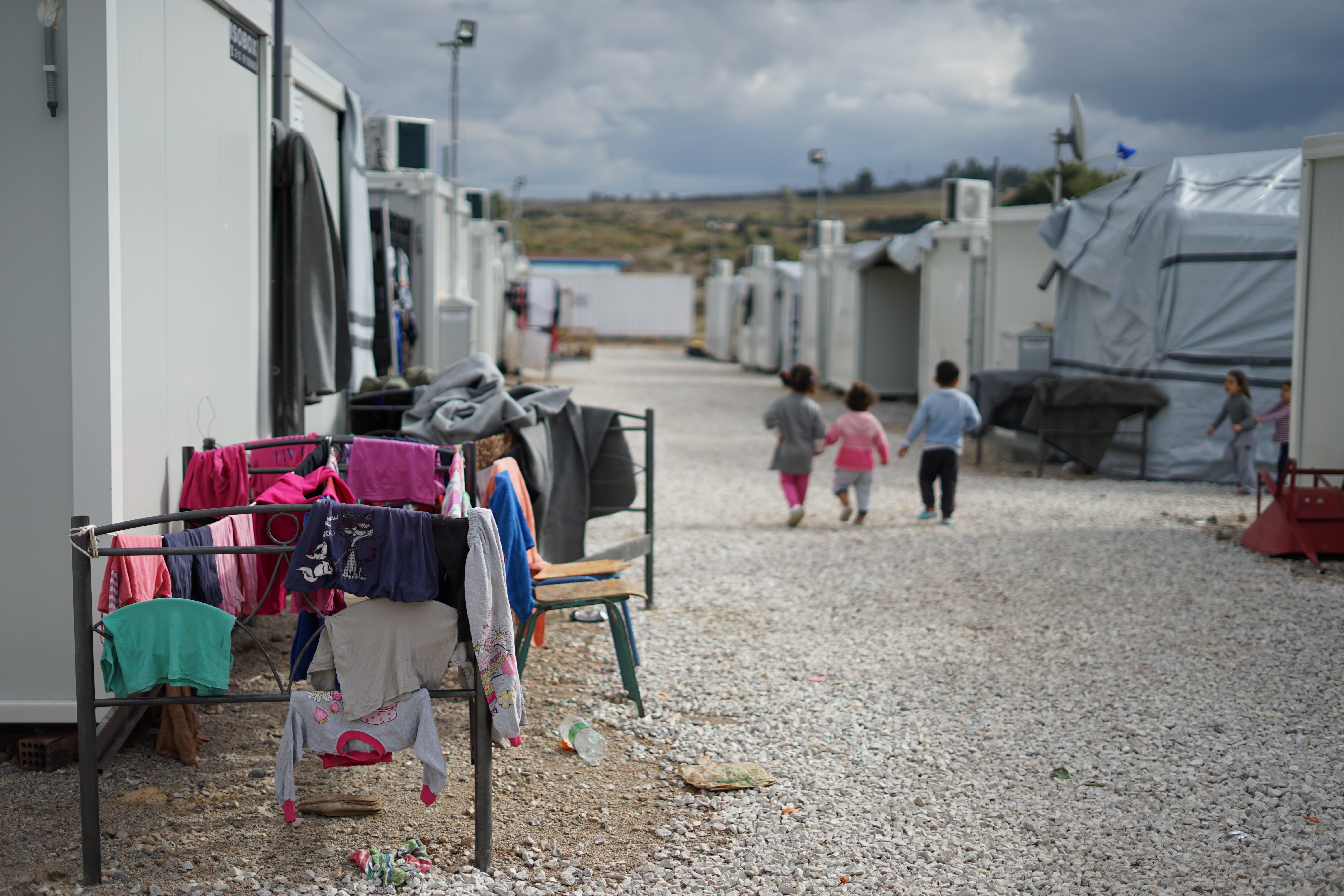
Image: Unsplash
Isabella McRae shares a few of the best social media accounts to follow to stay informed about the issues affecting refugees.
There are 79.5 million people around the world who have been forced to flee their homes because of conflict, violence or persecution. Every four seconds, one more person becomes displaced. That’s 23,800 every day. While media coverage of the crisis reached its peak in 2015, refugees and displaced people face continued suffering.
Journalists have, on occasion, failed to be ethical when reporting on refugees. Last year, the BBC and Sky were accused of voyeurism as they filmed overcrowded dinghies on the English Channel. But there are also journalists and organisations across the world who are working hard to document the refugee experience and raise public awareness. Here are the best accounts to follow to keep up to date with refugee coverage on social media.
Behrouz Boochani
1) One of the Australian-run facilities keeping refugees in Port Moresby has been attacked by 6 to 8 local Gang members who were all armed with shotgun on April 21 around 4 am in the morning. As many as 15 refugees live in that accommodation
— Behrouz Boochani (@BehrouzBoochani) April 22, 2021
The Kurdish-Iranian journalist, writer and producer spent six years in an off-shore Australian detention centre between 2013 and 2019. Formerly a journalist in Iran and now based in New Zealand, Boochani chronicled his life in detention on Twitter. He has since published an award-winning memoir, No Friend But the Mountains, and works as a freelance journalist, academic and human rights activist.
Muhammed Muheisen
View this post on Instagram
A two-time Pulitzer prize winning photojournalist, Muheisen has documented the refugee crisis for over a decade. The Jordan-born National Geographic photographer founded the charity Everyday Refugees Foundation, which uses photography to explore the refugee experience. It raises public awareness while empowering and supporting refugees through charitable campaigns.
Refugee Journalism Project
At a time when the journalism industry is going through a period of instability it is wonderful that our RJP Fellows have started working 🌟🌟! Read about our fellowship initiative: https://t.co/19AwvVKJ0u pic.twitter.com/YkH4KJvwYY
— Refugee Journalism (@refugeejourno) April 22, 2021
The Refugee Journalism Project is based at the London College of Communication and supports refugee and exiled journalists as they restart their careers in the UK. Founded in 2016 by Vivienne Francis, it runs workshops, mentorships and networking events to provide its participants with new skills and contacts.
Daniel Trilling
For @thebafflermag, I wrote an essay about London’s history as a “migrant city” – and its pandemic year. https://t.co/9yKgrxdCZ5
— Daniel Trilling (@trillingual) March 31, 2021
A journalist and author, also on the committee for the Refugee Journalism Project, Trilling is a former Magazine Journalism student at City, University of London. He writes on migration and nationalism for The Guardian and London Review of Books, among others, and his latest book Lights in the Distance is based on five years of reporting on Europe’s refugee crisis.
Sally Hayden
First call with him yesterday & he’s totally elated. Often refugees who reach Europe have weeks before they can contact family/friends & say they’re safe. They lose phones at sea or before. In the meantime, family have no idea if they’re alive or not. https://t.co/Mku5iI6Xy2
— Sally Hayden (@sallyhayd) April 22, 2021
A freelance journalist for The Guardian, The Irish Times, VICE and others, Hayden focuses on migration, conflict and humanitarian crises. She has written extensively on issues affecting refugees across the world.
Kakuma News Reflector
The UN High Commissioner for Refugees, @FilippoGrandi said Kenya will not shut down #Dadaab and #Kakuma refugee camps but rather seek solutions: https://t.co/Pz3o6vKPuJ, some relief for refugees today but more uncertainty remains under encampment. pic.twitter.com/0Al2vV2jA8
— Kakuma News Reflector (@KanereNews) April 26, 2021
The Kakuma News Reflector, also known as KANERE, is an independent magazine run by exiled refugee journalists in Kakuma Refugee Camp, Kenya. They provide regular updates on life in Kakuma and on issues affecting refugees in camps across Africa.
InfoMigrants
Thousands of people have set out from West and Central Africa in recent years in the hope of reaching Europe. Not all have completed the dangerous journey – opting instead to return. But going home brings new risks – including being seen as ‘a failure’. https://t.co/jUoQmlr8O9
— InfoMigrants (@InfoMigrants) April 29, 2021
InfoMigrants is a news website for migrants and refugees that provides information about the migration situation in their countries of origin, transit and destination. It is available in French, Arabic, English, Daro and Pashto.
UNHCR News
UNHCR’s @GillianTriggs visits Cyprus, addresses challenges in access to asylumhttps://t.co/Hl82oLnm9G
— UNHCR News (@RefugeesMedia) April 22, 2021
The UN Refugee Agency has an official Twitter account for media professionals, sharing the UNHCR’s news releases. It offers extensive coverage on developing stories relating to refugees and the organisation’s work.
Jaz O’Hara and The Worldwide Tribe
View this post on Instagram
When O’Hara visited the Calais ‘Jungle’ in 2015, she wrote a Facebook post telling the stories of people in the camp. It was shared hundreds of thousands of times, and encouraged people to give donations and support. O’Hara founded The Worldwide Tribe, which produces creative content – film, photography, a podcast – to share human stories of migration.


















